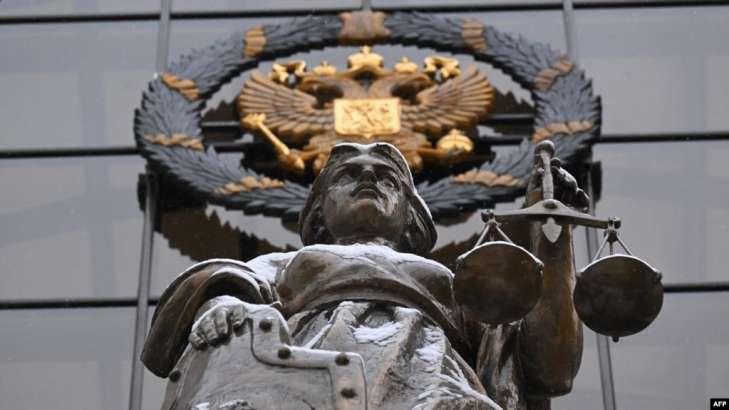
The Supreme Court of Russia recognized a non-existent organization as extremist – “Anti-Russian separatist movement”, and also banned its activities on the territory of the Russian Federation. Mediazona reports this.
The meeting at which the court decided to ban the “Anti-Russian separatist movement” was held behind closed doors.
According to the Ministry of Justice of the Russian Federation, which initiated a lawsuit to ban a non-existent organization, this movement is aimed at “destructing the multinational unity and territorial integrity of Russia.” No distinctive features of the movement or its symbolism are reported. There was no previously known registration of official organizations, parties or movements with this name in Russia and the world.
The human rights center “Sova” calls the ban on a non-existent organization “rubber”, that is, it allows for increased repression against members of various regional initiatives.
President of the Free Buryatia Foundation Alexandra Garmazhapova has already stated that the new rule will be applied against them. In her opinion, many anti-war ethnic activists may be under threat, even if they do not call for any separatism.
Legally, there is no “Anti-Russian separatist movement” does not exist. But this is not the first time that Russian authorities have accused virtually fictitious structures of extremism. This was the case with the “international LGBT movement,” which the Supreme Court of the Russian Federation declared extremist at the end of 2023. The symbol of the movement was a rainbow. Among the signs that make it possible to distinguish his supporters, even the use of feminine words was indicated. After this court decision, security forces raided nightclubs and private parties in Russia. And Russians began to be arrested and fined for wearing rainbow earrings.
Prepared by: Sergey Daga

